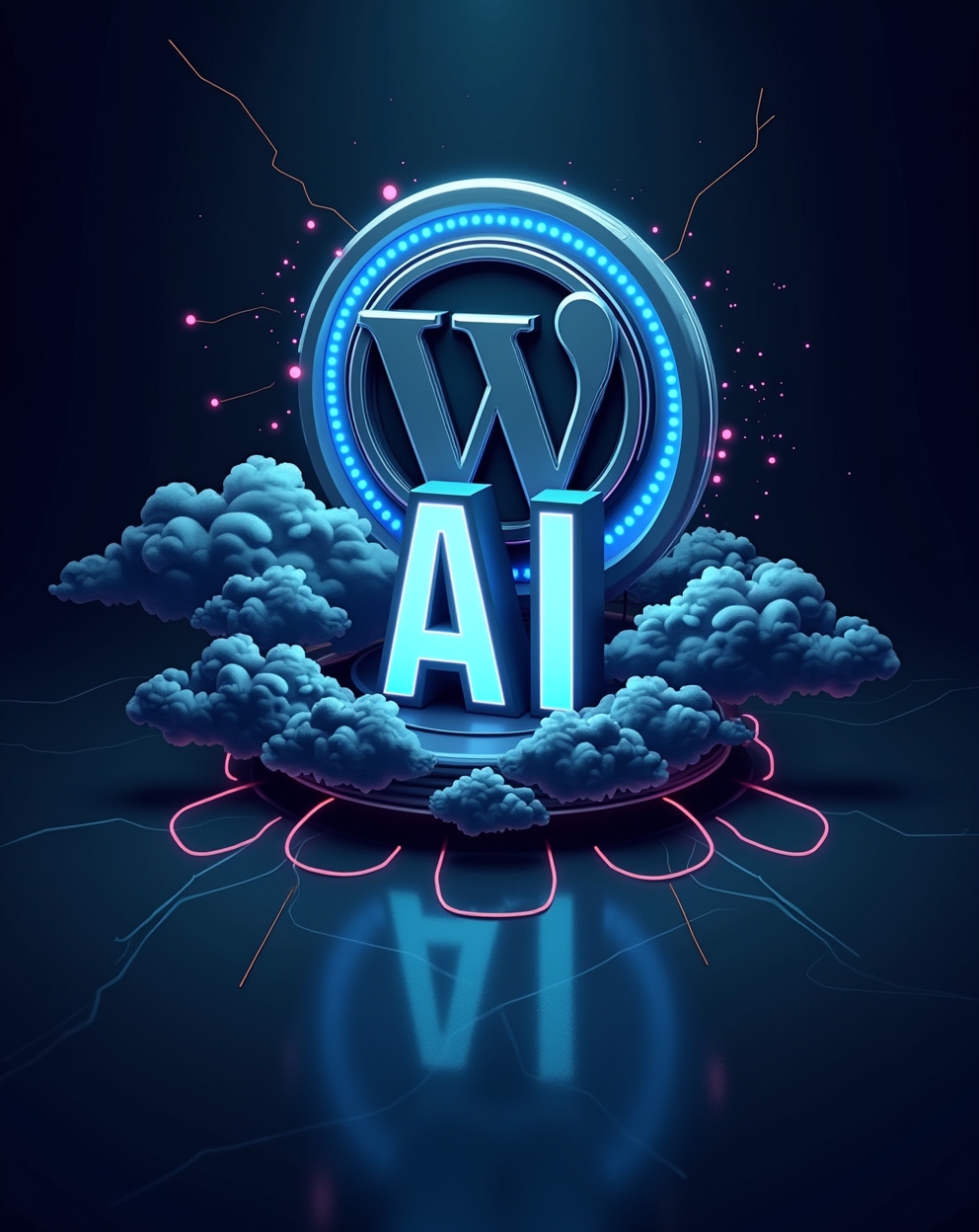The Future of AI in WordPress Theme Development: Trends & Predictions
Artificial Intelligence (AI) is revolutionizing WordPress theme development, making it faster, smarter, and more personalized than ever. From automated design to dynamic content adaptation, AI is reshaping how themes are built, customized, and optimized.
Here’s how AI will transform WordPress themes in the coming years—and what developers and users can expect.
1. AI-Powered Theme Design & Customization
Automated Layout Generation
- AI tools (like Adobe Firefly, Framer AI) will generate custom WordPress themes from simple text prompts (e.g., “Create a minimalist tech blog theme”).
- Platforms like Elementor AI and Divi AI will offer real-time design suggestions based on industry trends.
Smart Personalization Engines
- AI will analyze user behavior (browsing habits, clicks, demographics) to auto-adjust themes for better engagement.
- Example: A news site’s theme could switch to dark mode if most visitors prefer it. Our YouTube channel; https://www.youtube.com/@easythemestore
2. Dynamic Content Optimization
AI-Generated Content Blocks
Future themes will integrate ChatGPT-like AI to auto-generate:
Headlines
Featured images (via DALL·E/Midjourney)
SEO meta tags
Automatic A/B Testing
AI will test multiple theme variations (colors, fonts, layouts) and optimize for conversions without manual input.
3. Voice & Conversational UI Integration
- Themes will support voice search & chatbots natively.
- Example: A WooCommerce theme could let users verbally navigate (“Show me blue sneakers”).
4. Self-Healing & Performance Optimization
AI-Driven Bug Fixes
AI will detect broken layouts, CSS conflicts, or JS errors and auto-correct them.
Real-Time Speed Boosts
AI-powered caching & image lazy-loading will adjust based on user connection speed.
5. Accessibility & Compliance Automation
- AI will auto-fix WCAG compliance issues (color contrast, alt text, keyboard navigation).
- Example: A theme could warn designers if text is unreadable for colorblind users.
6. Predictive Analytics for Theme Selection
AI will recommend the best theme based on:
Industry (e.g., “Restaurant themes convert 20% better for food blogs”).
Traffic sources (e.g., “This theme performs best for social media visitors”).
Challenges & Considerations
⚠ Ethical AI use (avoiding biased design recommendations).
⚠ Over-reliance on automation (human designers still matter).
⚠ Data privacy (AI personalization must respect GDPR).
Conclusion
AI will make WordPress themes more intuitive, adaptive, and efficient—but human creativity will remain essential. Developers who embrace AI tools early will lead the next wave of web design innovation.
🚀 What’s Next?
- Experiment with AI theme builders (e.g., Divi AI, Framer).
- Test AI-powered plugins (like Qwikker for auto-SEO).
- Stay updated on AI advancements in WordPress Core.
The future of WordPress themes isn’t just responsive—it’s intelligent. 🧠✨


